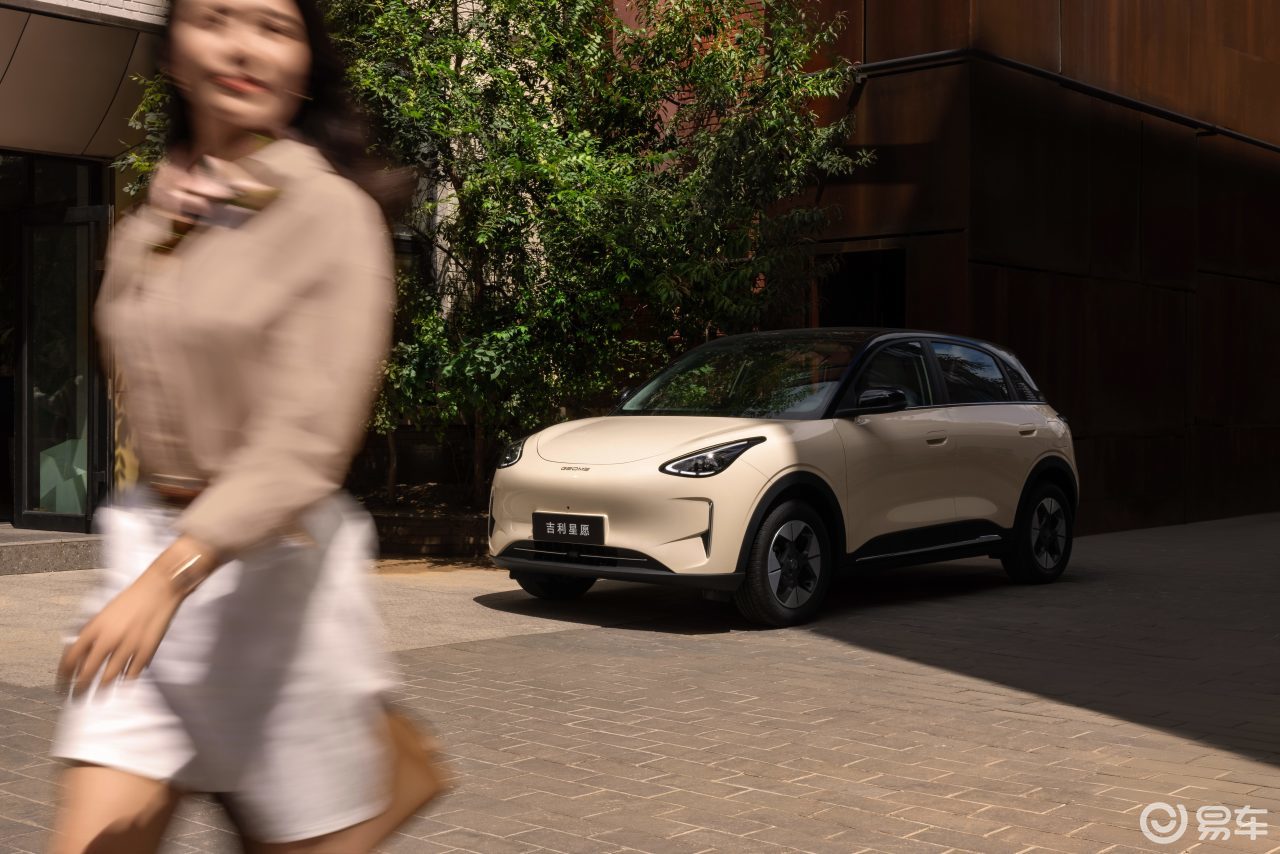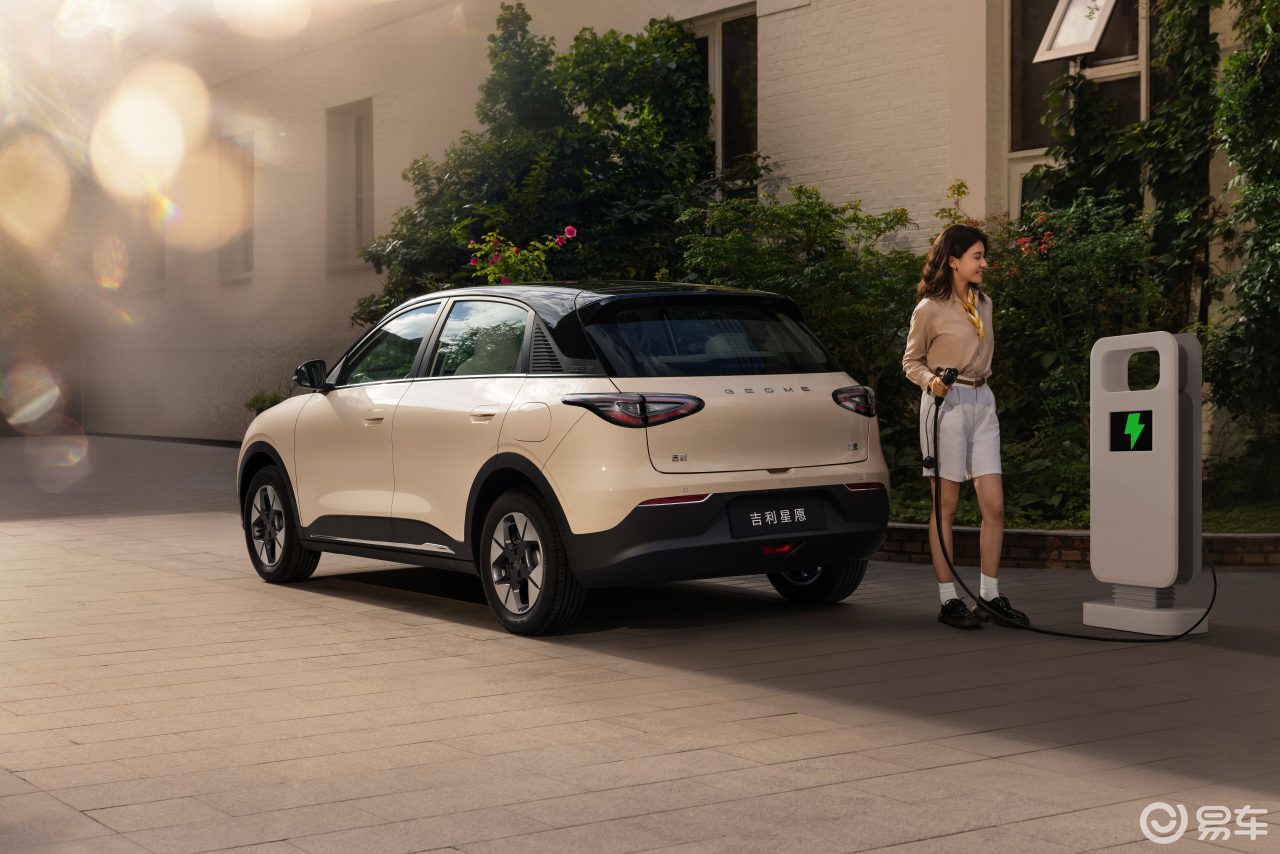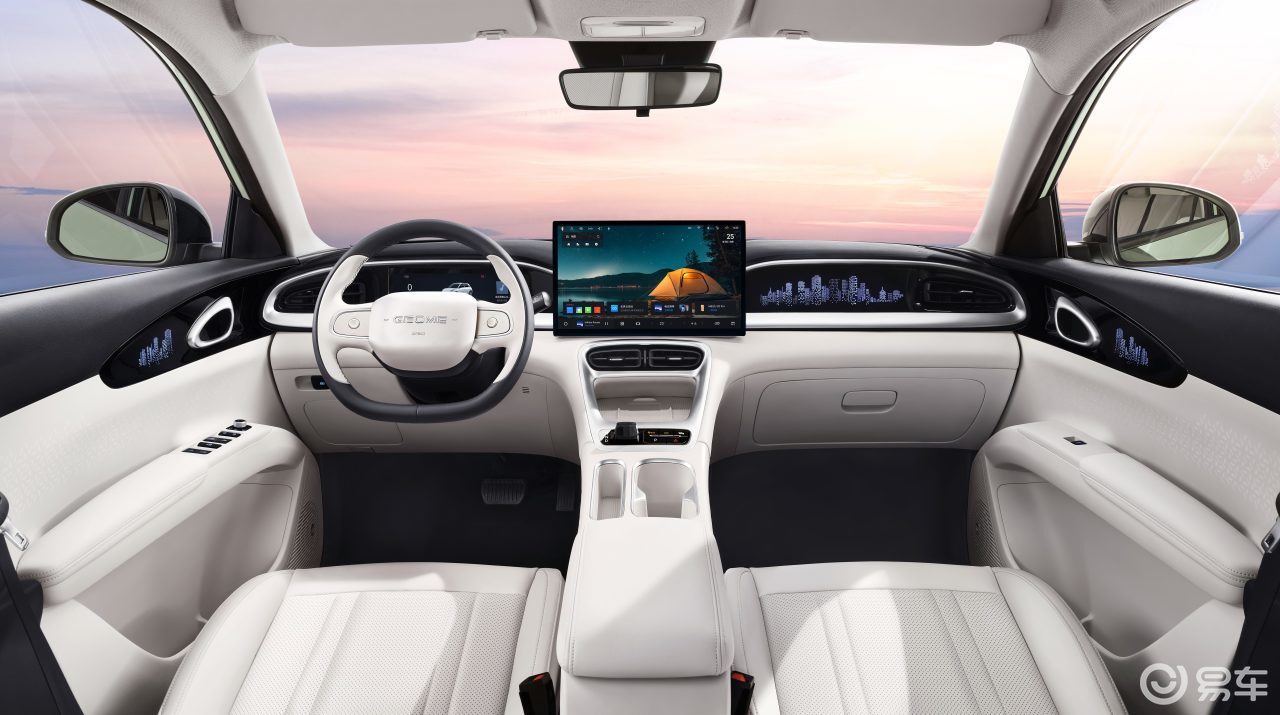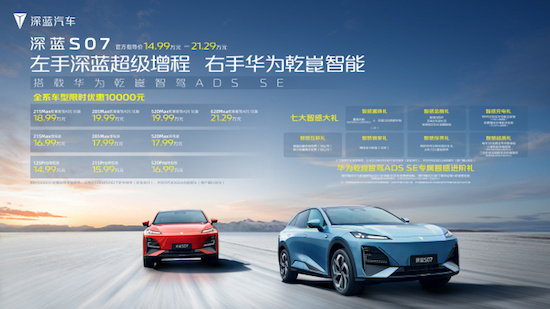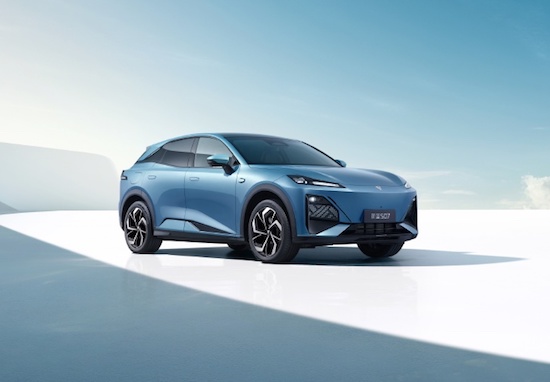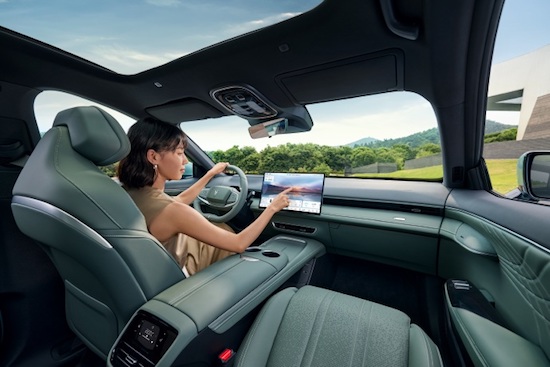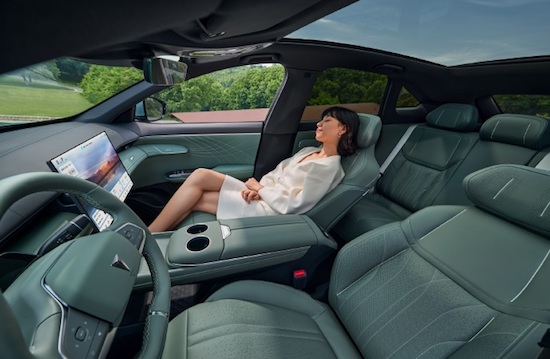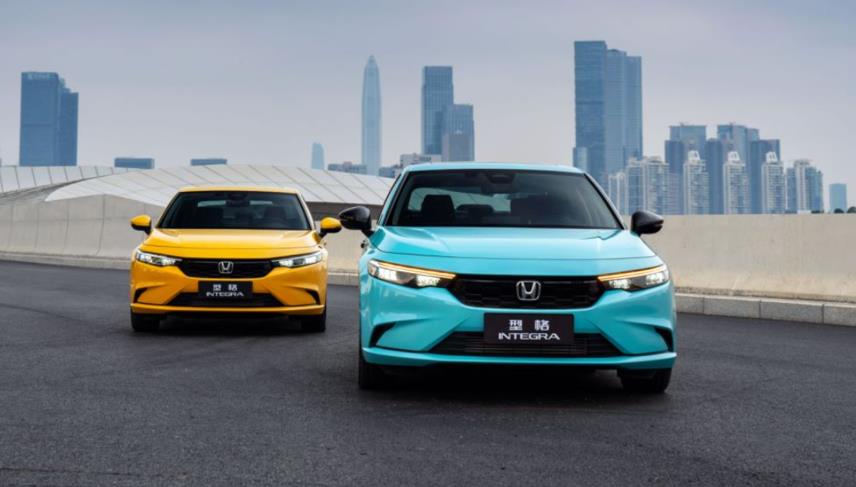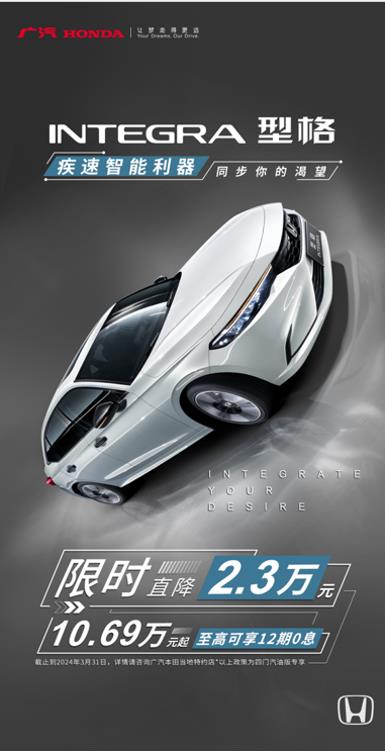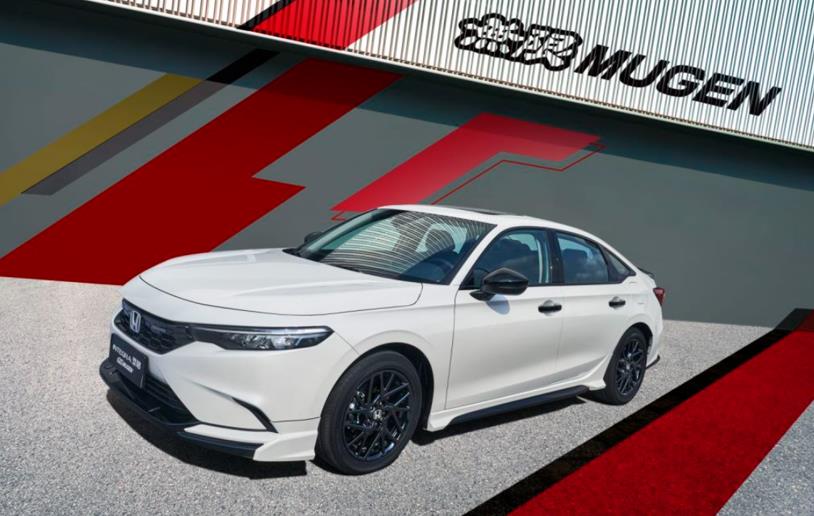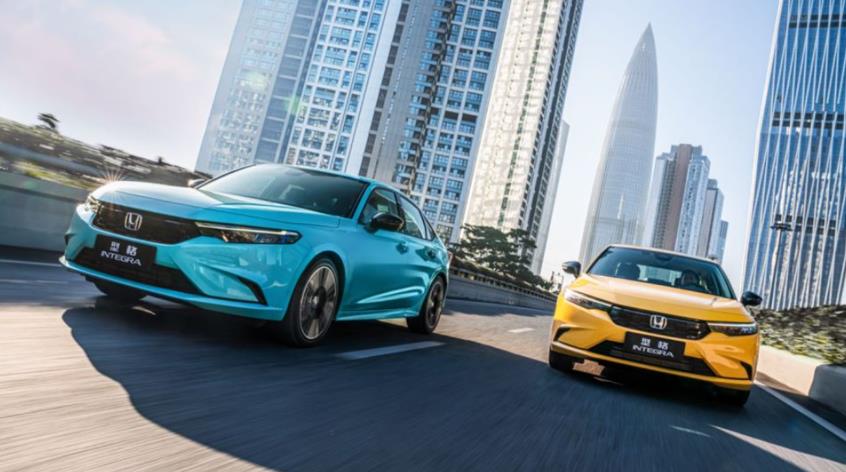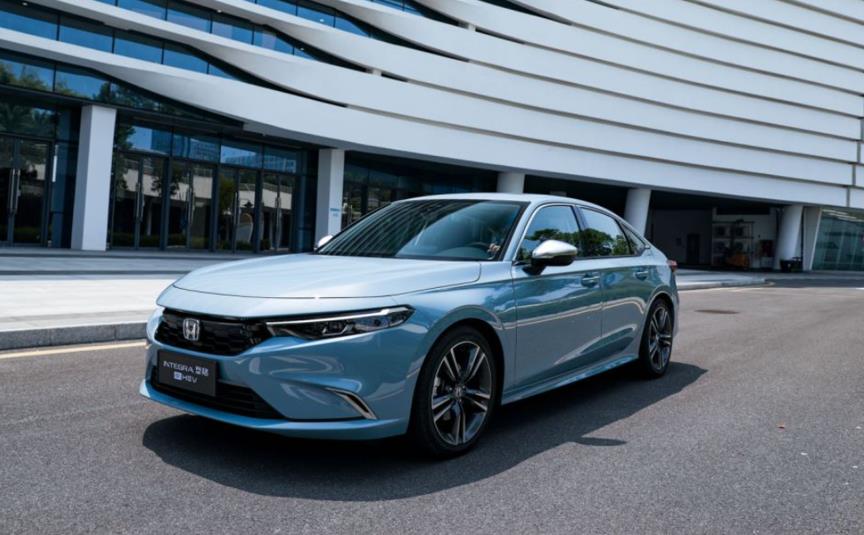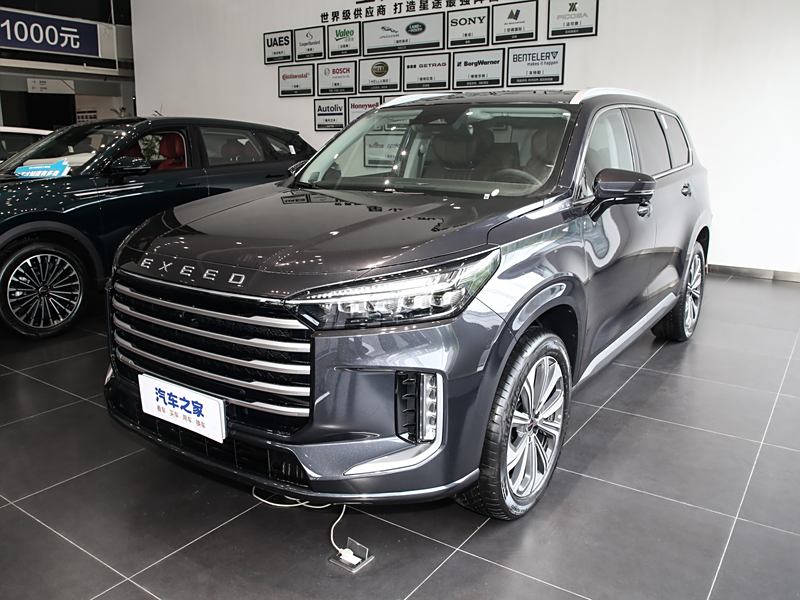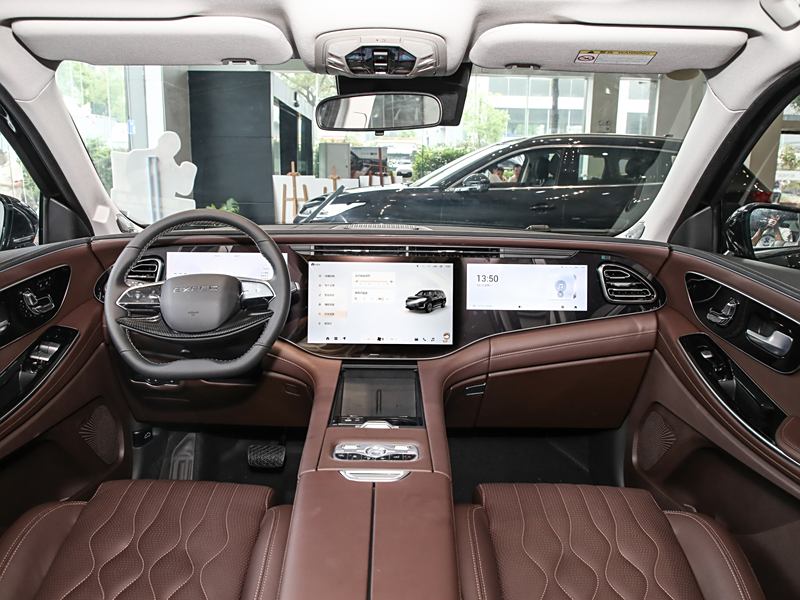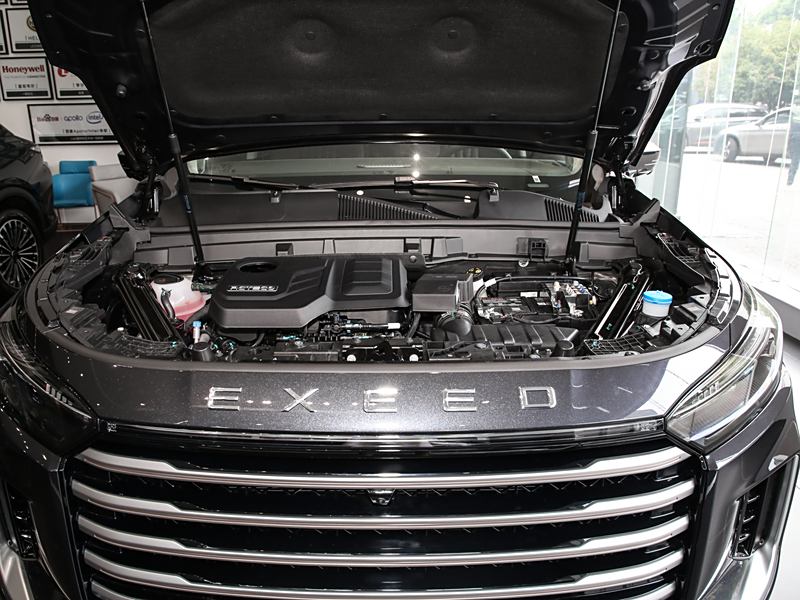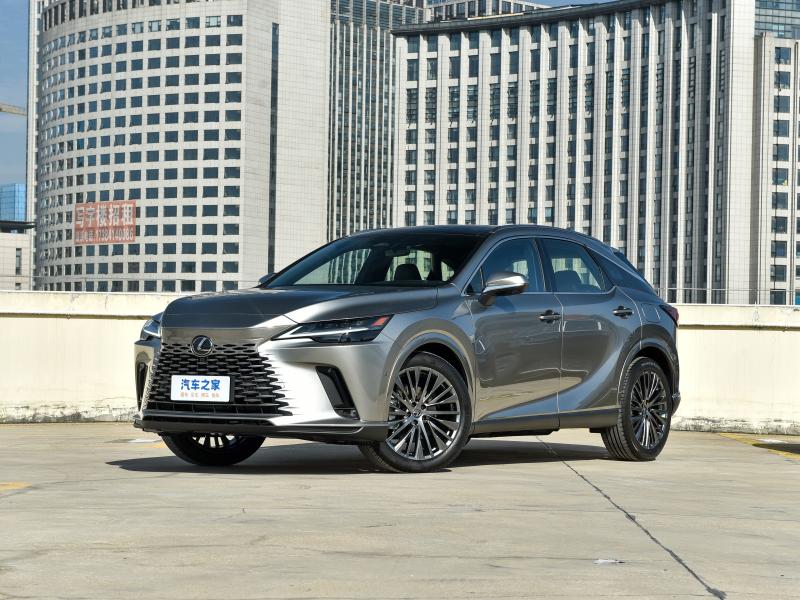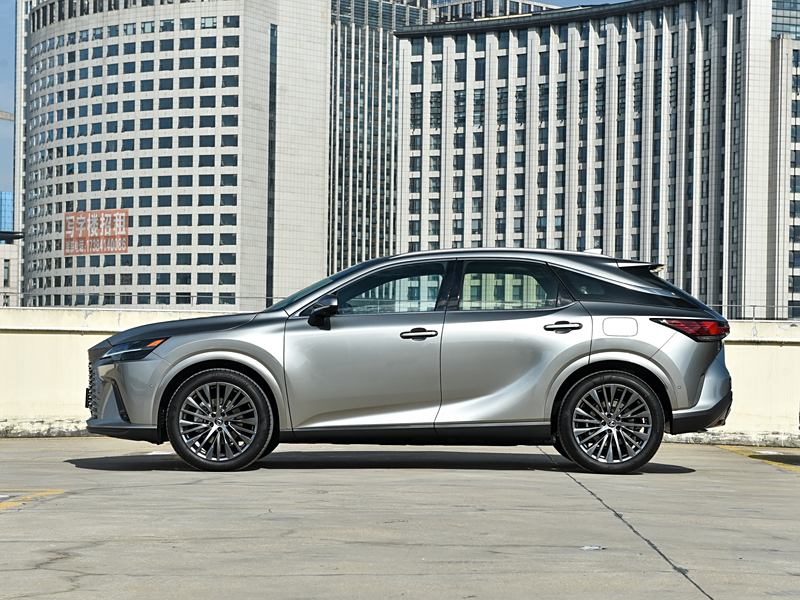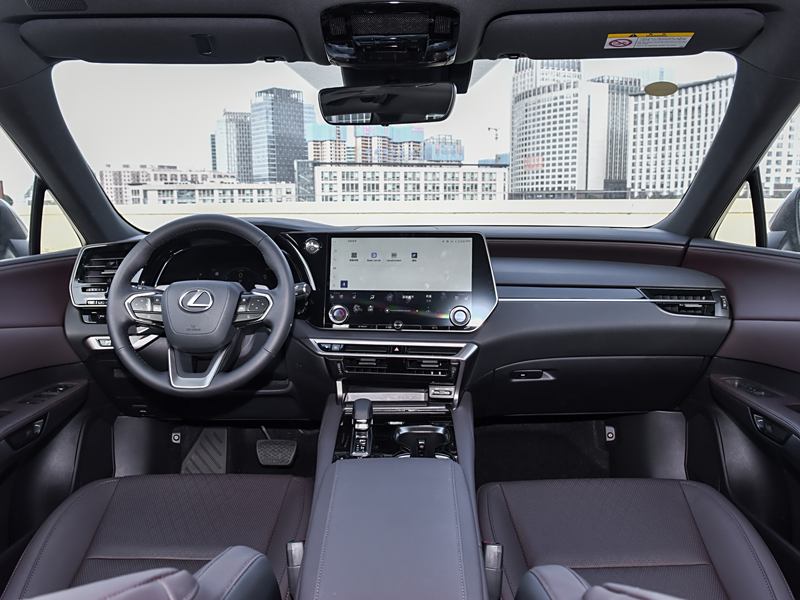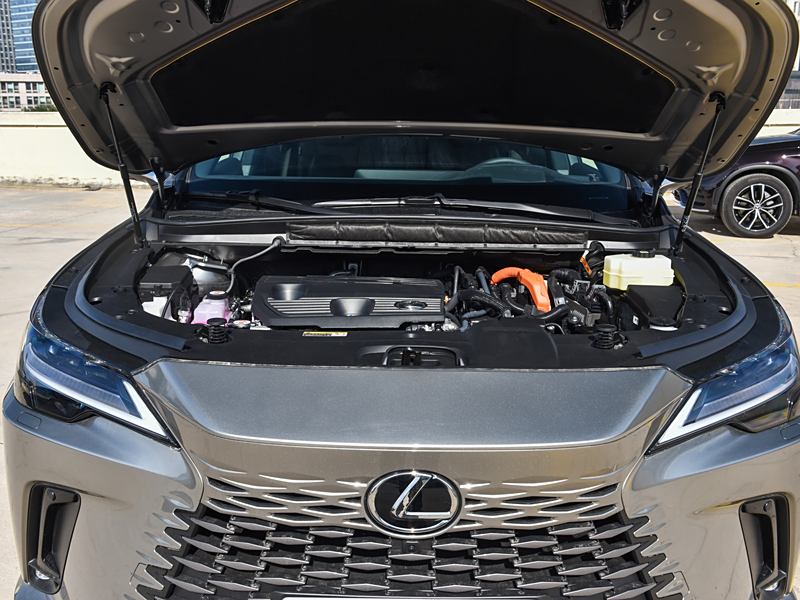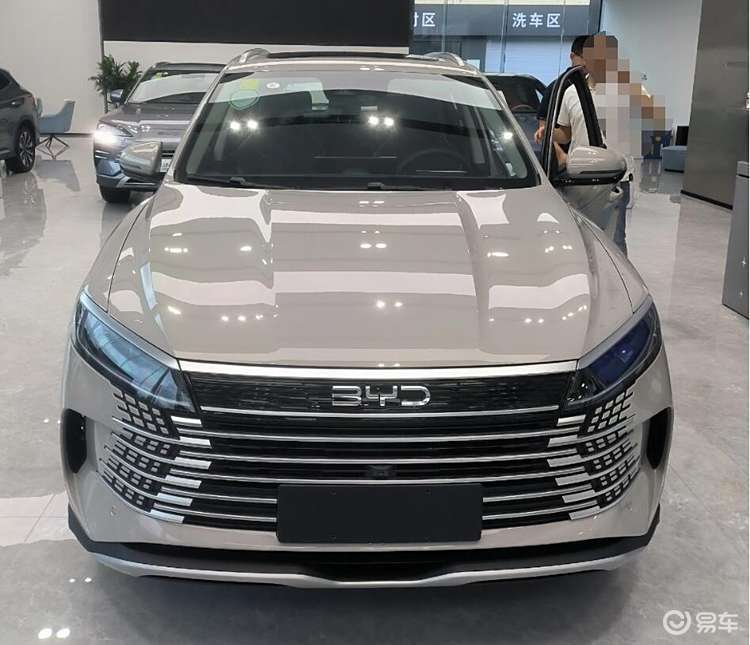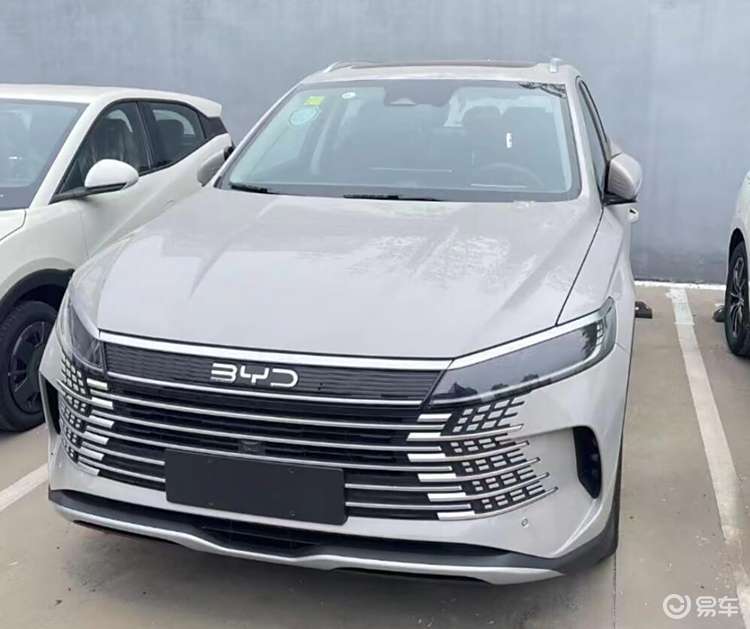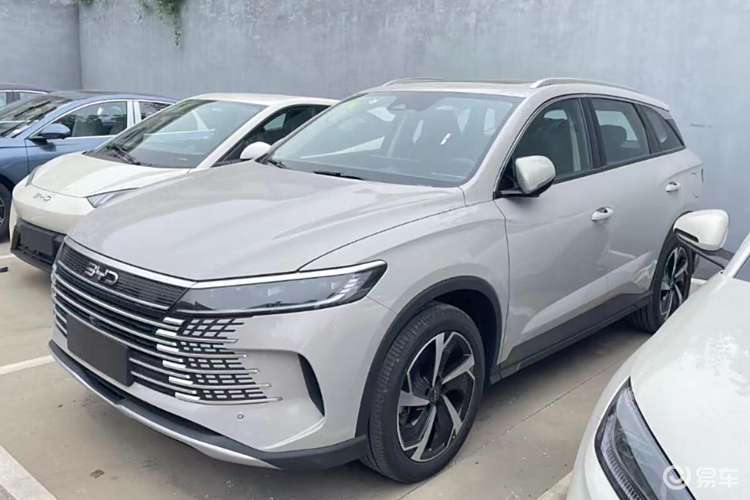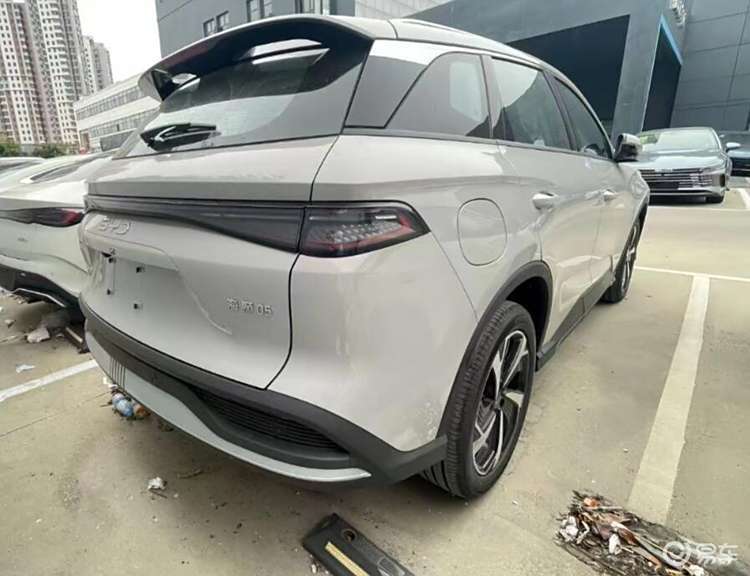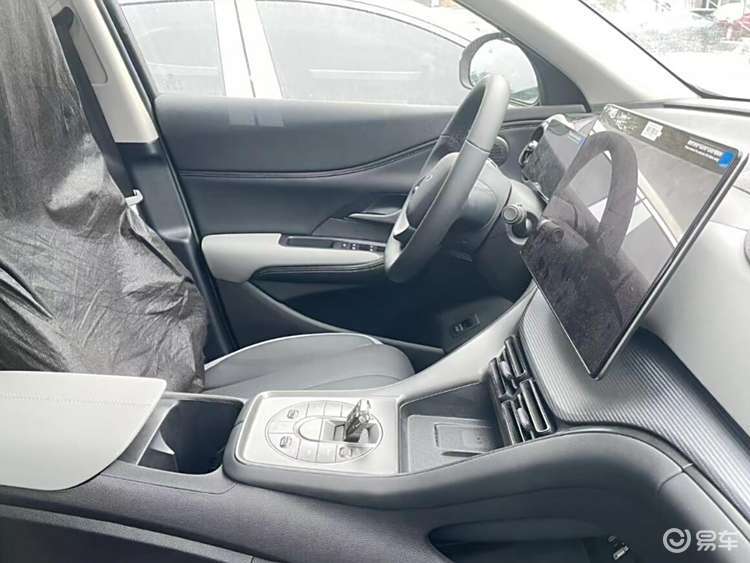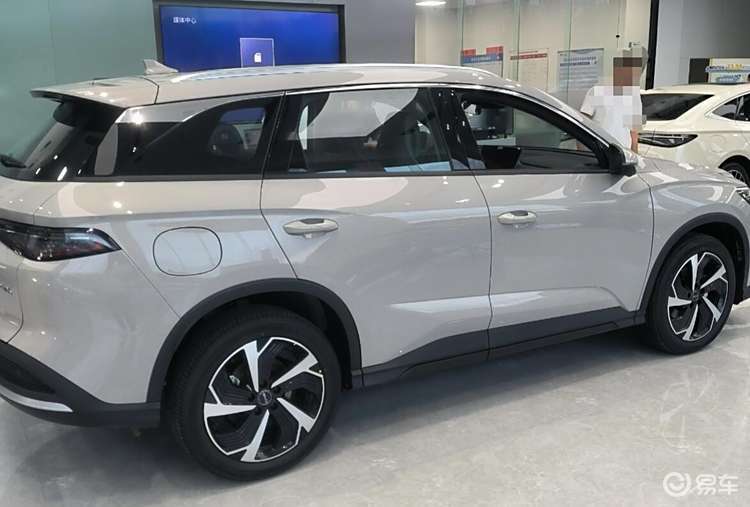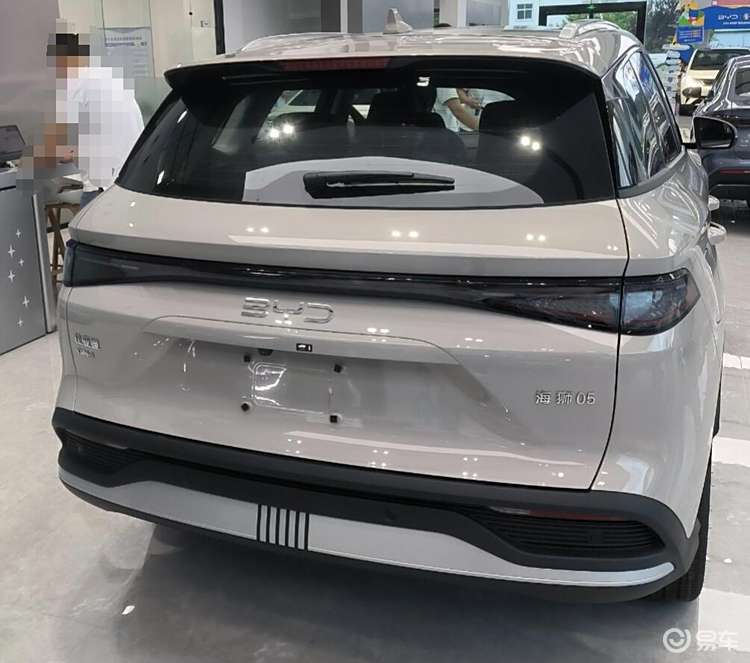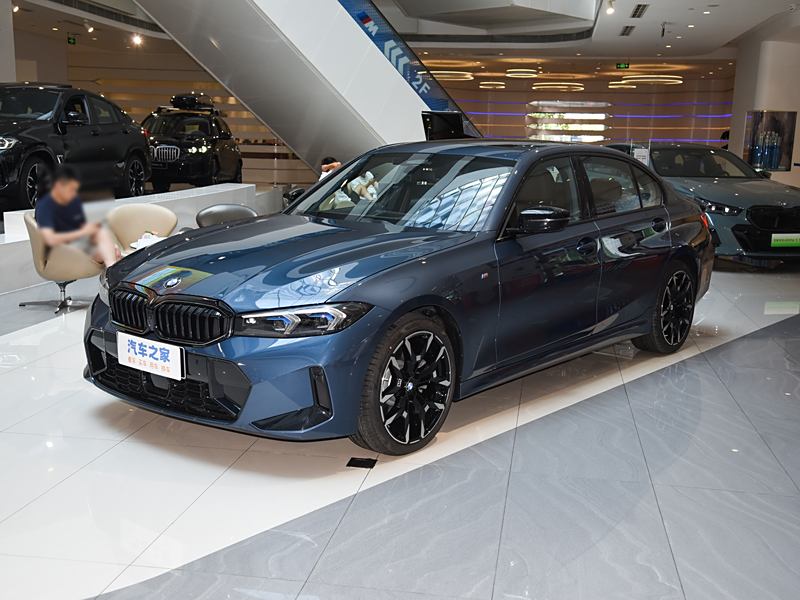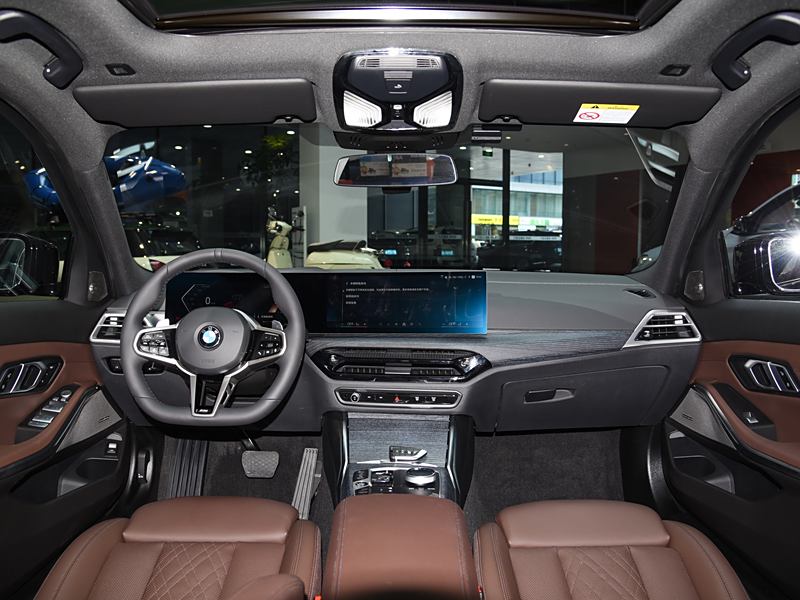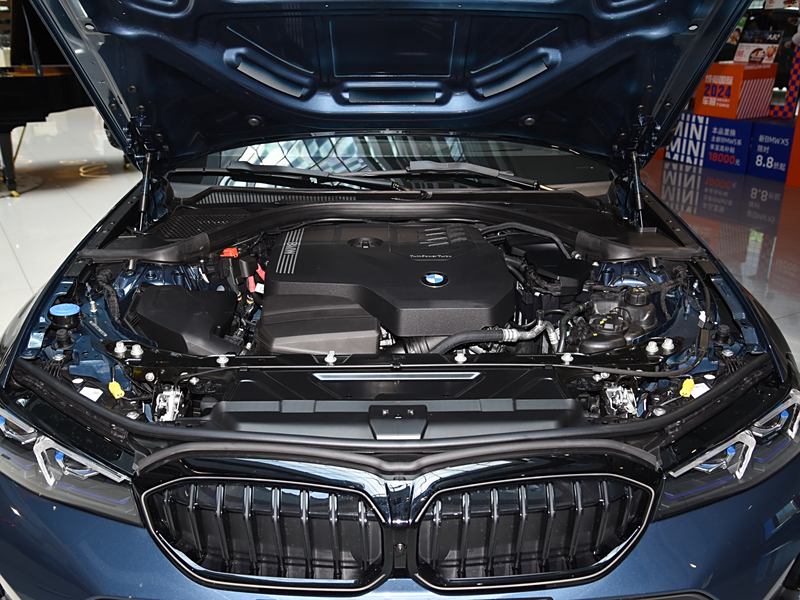Character Profile: Cai Xukun, born in Zhejiang in 1998, grew up in Shenzhen. In 2012, he participated in the program "Up! Youth" and first entered the screen. In 2018, he recorded the program "Idol Trainee" and debuted with the highest vote C (core position). After that, he released his first EP "1", creating a number of music records. Recently, he released the single "No Accidents", which quickly topped multiple music charts.
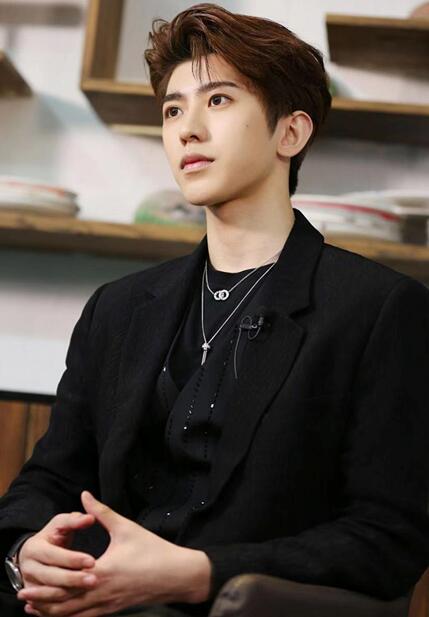
(Caption: At the end of January 2019, Cai Xukun was interviewed by Global People in Beijing.)
The conversation between Universal People and Cai Xukun began with a psychological test. The test is as follows: If you notice something peeking into your room outside your window, what do you think it would be? A. Monkey; B. Frog; C. Doll; D. Alien. Cai Xukun looked at the board for a long time and finally settled on D.
The answer was revealed. This was a stress test, and the option represented the biggest source of stress in the heart: aliens symbolize interpersonal relationships, you may want to avoid interpersonal problems, and sensitive you will be stressed by taking care of other people’s feelings. Putting down the question board, Cai Xukun paused and said, "D, it’s quite accurate."
Every moment you’re alone makes you stronger.
It is true that less than a year after his debut, Cai Xukun’s public awareness has increased exponentially, and the people around him, the people wh***ollow him, and the people who comment on him have swept in like a tide. In early 2018, a program called "Idol Trainee" made him famous, and since then "C" has become his distinct label. In the year since his debut, his works have been hotly discussed and noticed, and he is also a friendship ambassador for Zhongya (Jamaica), an ambassador for the 2019NBA Chinese New Year, and a spokesperson for the ******* Taiwan ****** Festival Gala. Recently, he launched a new song "No Accidents", which reached diamond sales on a music platform in less than 2 minutes. It can be said that Cai Xukun’s every move has become a hot topic in the public opinion field.
The positive side of this attention is that fans follow his positive image. Influenced by Cai Xukun’s personal donations and participation in public welfare activities, a large number of young people have participated in education and poverty alleviation, helping the public welfare construction of libraries, welfare institutions, and ecological forests.
However, the other side of attention is the ubiquitous social magnifying glass. It can be said that at the age of 20, Cai Xukun was caught in a storm of red and black almost overnight. Faced with these, Cai Xukun did not think about it. He also wondered whether his decisions were all right after going on stage and wrote songs and lyrics in the middle of the night, trying to use his creation to say something that cannot be said in daily life. When asked why Weibo always has so few words, he replied with four words: "Be careful with your words and deeds."
"[For the media] I was actually injured, and the reason for the injury was that I didn’t mean it, but I was misunderstood. These things make people cautious, so I used to feel like a hedgehog," Cai Xukun said.
Cai Xukun is a sensitive person. He was born into an artistic family, and many people in his family are engaged in art-related work. The family atmosphere has invisibly influenced his personal interests. Music has become Cai Xukun’s first important partner in life. Participating in various competitions since childhood, and then singing, dancing and acting have made his perception of the outside world much more delicate than his peers.
Sensitivity also comes from loneliness. At the age of 15, Cai Xukun went abroad to study and lived alone with a local family in the United States. "When there is no class, I will stay indoors watching movies and listening to songs. When I feel homesick, I will endure it."
In order to integrate into the local area, Cai Xukun used sports and music to make friends. He played basketball, joined the school team, learned to sing with the locals, and was exposed to all kinds of music.
Karl Lagerfeld, the fashion "Galeries Lafayette", once said: "If you want to create, loneliness is the best charger, and loneliness is victory." Lonely, people’s sensibility and reason tend to reach a certain peak. Alone in a foreign country, Cai Xukun began to try to write songs. Wearing headphones, he observed people on the street for inspiration. He described that period as "growth", whether it was mental or ability, a watershed had passed. "During that time, I learned that people should be able to tolerate loneliness and believe that every time they are alone is an experience that makes them stronger," Cai Xukun said.
In 2016, Cai Xukun returned to China to participate in a reality TV show and began to pursue his dream. However, what seemed like a glittering starting point was actually a more difficult journey.
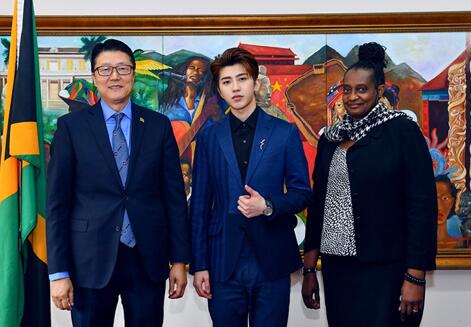
(Picture: On January 9, 2019, Cai Xukun was awarded the China-Jamaica Friendship Ambassador and China-Jamaica Outstanding Young Leader)
Dream to sleep with me, if not realized, I will lose sleep
Before the reporter interviewed Cai Xukun, he was told by many colleagues that this is an extremely self-disciplined artist. The so-called "extreme self-discipline" means always tightening the strings and never letting up.
Seeing is believing. Our interview started in the background of a large-scale event. Before the interview began, Cai Xukun greeted each staff member, bowed slightly, and repeated "hard work". After the interview, we were about to leave, and Cai Xukun, who had already started to touch up his makeup and was ready to go on stage, suddenly stood up, bowed and thanked us, and didn’t sit down until we went out. The fellow photojournalists were surprised, and Lian said: "After working for so many years, this is probably the first artist to watch us leave."
"Every day when I wake up, I think about what I want to do today and what tasks I want to complete."
"Before going to bed every day, I will review today’s work, what has been done well, and what needs to be improved."
"I have to restrain myself and calm down. If I’m too impulsive, I can’t make music down to earth."
"I will never give myself too many presuppositions. If others put you at a higher starting point, you should spend more time practicing and becoming better, rather than enjoying the flowers."
****
In interviews, Cai Xukun often has such a precocious and introspective answer, saying: "I know I seem to be a little out of line with my age." Much of this "inconsistency" comes from his situation in the last three or four years. After entering the entertainment industry, Cai Xukun’s life has had a roller coaster experience.
In 2016, it can be regarded as the real starting point of Cai Xukun’s acting career. He participated in the competition, and during the recording of the show, everyone went to rest every day except sleeping and eating. He was still watching the stage replay, and the details of the problem were repeatedly corrected. He also participated in film and television dramas, but the script was rotten, and he was embarrassed to show it to reporters when interviewed.
The effort never stopped, but the harvest came slowly – for a while, Cai Xukun’s career was almost at a standstill.
At that time, some people advised him to stop making music and go to acting, but Cai Xukun didn’t think so. Recalling that time, he said that he did "the craziest thing", "that is, he never gave up and always insisted on music." The most difficult time, when he couldn’t sleep, Cai Xukun encouraged himself: "Dreams are something that sleeps with me. If I don’t realize it, I will lose sleep." It was also at that time that Cai Xukun completed the first published original single "I Wanna Get Love".
In January 2018, Cai Xukun took the stage of "Idol Trainee" with his own songs and received the first A rating on the show. But at the same time, his performance and styling were highly discussed. For him, it was all a battle of the backwater: "I have experienced not being recognized and not being cared for, so I have to put aside all the bad experiences and pressures before and start again. It is not a gamble, but it does take courage."
In the program group, Cai Xukun is a model worker who often practices dancing until the early morning, and the director comments that he is "not in a bad state"; when pressing his legs, he is "super hard" and "pressing to death", because "you can break through by being hard on yourself"; if the skin on his hands is seriously allergic, he hides his hands behind his back when the camera is photographed, "you must show everyone the best look"; he is too tired to sleep on the stage, "I don’t have time to feel homesick at all"…
Why do you fight so much? He wrote the reason in the song he participated in during the competition: Come here, everything is zero, and he strikes alone. He feels that because he has had and lost, he is skating on thin ice; and because he dreams and believes, he always insists.
On April 6, 2018, Cai Xukun made his debut in the C position of "Idol Trainee".

The quietness in life, the excitement in creation
On the first day of 2019, director Bi Gan’s new film "The Last Night of the Earth" was released, and Cai Xukun secretly went to the cinema to watch it. "I like it."
"This movie has been questioned a lot." The reporter discussed with him.
"But I think it’s not worth it to discuss whether it’s worth it or not, but more importantly whether you feel it. I like the details of how people get along in the movie, and the quiet and surging shooting method of the whole movie."
He loves a long shot in the movie, where the male protagonist slides from the mountain to the small town at the foot of the mountain on a cableway, and all the characters, stories, and actions are shot to the end. "I usually shoot things by myself, so I like longer shots, and I don’t like to cut them too much, because the long shot can observe the expressions of many characters or the current emotions, as if you are really following and witnessing the occurrence of the story, which has a kind of documentary feeling."
Cai Xukun likes this kind of literary and immersive film, and it is easy to calm down when watching it – quiet has become the most frequent word in our interviews. "This personality is probably related to family," he said. "When I was very young, I lived with my grandfather. He liked to write calligraphy and play musical instruments. I listened to old songs with him and watched him write. I felt very quiet." This atmosphere also cultivated Cai Xukun’s aesthetic.
Cai Xukun had a motto, "In the world of flowers and flowers, keep your heart still", which was enough to describe his state along the way. "There are all kinds of voices in the outside world, and all kinds of things are happening. I must remind myself to keep a quiet heart at all times to create and work."
In Cai Xukun’s opinion, only when he is calm can he think, and only when he thinks, can he know what he really wants. Therefore, after the competition, he did not strike while the iron was hot, but put aside a lot of exposure opportunities and variety shows, and spent time writing songs and recording. "As a singer, I should first make a good musical work, and then participate in variety shows to show more aspects of myself to everyone."
On August 2, 2018, Cai Xukun released his first original EP (mini album) "1" on his birthday. A total of three songs were written, composed and produced by him, and these three songs combined with Chinese and English are basically the summary of Cai Xukun’s road to fame. "I didn’t expect that I would be here, I lost my way, can you help me? The future of this road is uncertain." "The second chance is not easy, I know it very well, I never thought that things will remain the same, will there be an end?" "I want to sing to you in your ear, calling my name in the dark, you don’t need to bear all this."
Cai Xukun said that he regards creation as a storytelling process. Recently, he released the lyrical single "No Accidents", which is his own lyrics: "The night has slowly fallen, the moon is hiding, and I want to find stars to replace it." Speaking of the song, Cai Xukun said: "I personally think it is a more artistic work, and there will be some deeper things. I hope that through these works, everyone can see more different me." The quietness in life and the surging in creation are the states Cai Xukun hopes to achieve.
In fact, in Cai Xukun, there are many similar contrasts. For example, he once took out a crumpled plastic bag from his pocket before the performance, which was filled with accessories used on the stage, so he was laughed at by fans as "old man making pie"; he likes listening to Teresa Teng and Cai Qin, likes watching "Sleepless in Seattle", and the Empire State Building is still the most beautiful scenery in New York in his mind; he claims that there is an old soul living in his body, "My mother taught me that life must be simple"; he also wants to make a short documentary film for everyone to see how he has come all the way…
Another contrast is that he seems gentle and quiet, but in fact he is vigorous. When asked by a reporter from Universal People "if there is any unshakable principle in his work", he replied: "The principle is that I have to see everything before I can go out." For example, for a song, Cai Xukun once flew to South Korea to re-cut it overnight because he was not satisfied with the initial cut of the MV. "The first 10 seconds of intro (prelude), a full 4 hours of cutting". He has a strong desire to control music creation and stage performance.
Perhaps this desire for control comes from insecurity. As an entertainer, he has experienced ups and downs, and he knows that luck is not something that can be controlled and manipulated by humans. If you can’t even control your own work, it is too passive. So he said: "For me, music and stage are free and safe."
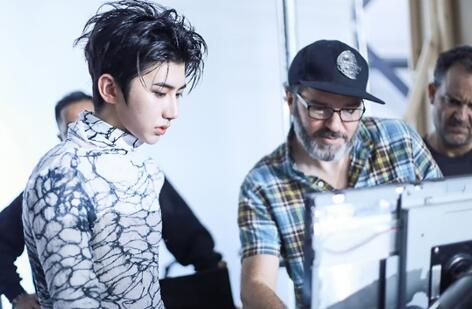
(Caption: Cai Xukun and director Dave Meyers at the filming scene of the "Wait Wait Wait" MV in November 2018.)
Cai Xukun said he was most afraid of three things: losing the stage, losing confidence, and losing IKUN (his fan nickname). "I’m not a particularly confident person, but when I have a lot of strength behind me, I will dig out that part of my confidence." One day, to encourage himself, he wrote a letter to himself, including one sentence: "Because I am no longer alone, I am no longer afraid to shine."
A sensitive soul and a determined will, quiet and ambitious, these are two sides of Cai Xukun’s body. Such a personality also allows him to be self-consistent in storms and controversies. Asked by a reporter from Global People how to relieve stress in the whirlpool of the entertainment industry, he replied with a slight joke: "Hold it in."
"I embrace everything, because time will tell," he said.
|
